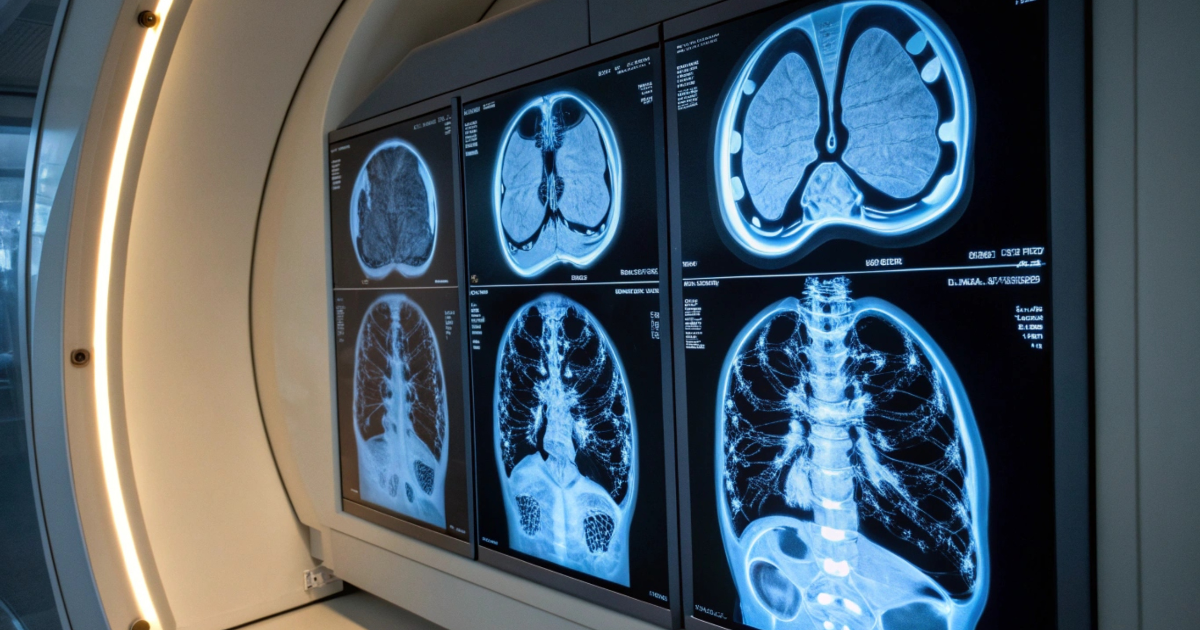This week, I had the privilege of speaking at the 60th annual Nevada Hospital Association meeting, where I shared insights on the future of healthcare. In my keynote address, I focused on the exciting developments and challenges arising from technological changes and what these changes mean for hospitals and healthcare providers. Specifically, I delved into the shift from digitization to ‘data’fication and what this means for the future of healthcare.
As we all know, the future of healthcare is rapidly evolving, requiring new approaches from hospitals and healthcare providers. Data is playing an increasingly important role in healthcare and is reshaping not only how healthcare services are being delivered but ultimately redefining the services that healthcare professionals will offer in the future. Data is already being used in a number of ways like improving patient outcomes, reduce costs, and streamline healthcare delivery. It is also enabling healthcare providers to improve patient engagement in new and exciting ways to drive better healthcare outcomes.
Data is empowering doctors to identify health problems early on and provide targeted treatments tailored to each patient’s individual needs. Patient and consumer preferences are also changing the way healthcare is delivered. Wearable technologies are giving healthcare professionals access to a wealth of information and allowing patients to play a more active role in their healthcare. Patients are also demanding greater transparency and access to their medical records. Younger generations are accustomed to on-demand access and increasingly want real-time access to information. They also want to be able to self-serve which will mean viewing their test results and medical history online together with other relevant healthcare information.
The advent of telemedicine, wearable technology, and other digital tools are transforming the way healthcare is delivered. Wearable technologies are changing the scope of information available to healthcare professionals and also enabling patients to play a more active role in their healthcare. Telemedicine, as we know, is allowing doctors to diagnose and treat patients remotely, reducing the need for in-person visits and enabling patients to receive care from the comfort of their homes. It is also bridging the urban-rural divide in healthcare.
Emerging technologies will play an important role in shaping the trajectory of healthcare amd Artificial intelligence is having an outsized impact transforming all aspects of healthcare. AI algorithms can analyze large amounts of data and identify patterns that would be difficult for humans to detect. This technology is already being used to help diagnose diseases like cancer and has the potential to revolutionize healthcare in the coming years. AI is also being used to develop personalized treatment plans for patients. AI is also being used to help predict patient outcomes. By analyzing patient data, including medical history and vital signs, AI can identify patients who are at risk of developing complications or who may require additional care. This can help doctors intervene early and provide more targeted care, potentially saving lives and reducing healthcare costs. AI is also being used to improve patient engagement and education. Chatbots and virtual assistants powered by AI can provide patients with personalized health information and answer questions about their care. This can improve patient satisfaction and help patients take a more active role in their healthcare.
Patient and consumer preferences are also changing the way healthcare will be delivered. Patients are demanding greater transparency and access to their medical records. The next generation is accustomed to on-demand access and they increasingly want to be able to self-serve by seeing their test results and medical history online.
Emerging technologies and changing patient and consumer preferences have significant implications for healthcare providers. To stay ahead of the curve, healthcare professionals will need to invest in digital technologies that enable them to provide more personalized, convenient care to their patients. They will also need to embrace telemedicine and other digital tools that allow them to connect with patients remotely and provide care outside of traditional office hours.
Most importantly, healthcare providers will need to be more flexible in their approach to healthcare delivery. This may require providers to restructure their operations and offer new services in new forms. In my remarks, I shared some strategies that all healthcare professionals can consider when framing the future. These include:
- work on competing time horizons simultaneously
- focusing on preparedness over prediction
- holding conflicting views concurrently
- holding strong opinions weakly
The shift from digitization to ‘data’fication will require healthcare professionals to think differently. The explosion of data will also require new processes as healthcare workers redefine the future. The future of healthcare is exciting and full of possibilities, and I look forward to seeing how healthcare providers will continue to innovate and adapt to these changes.



